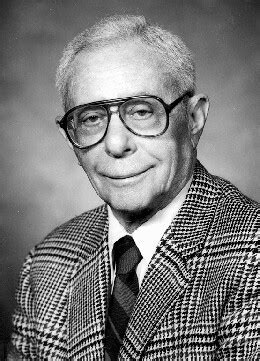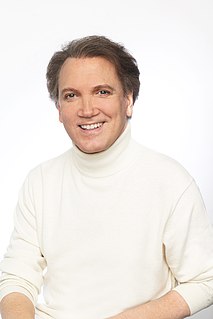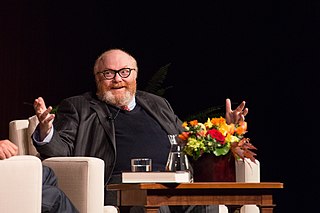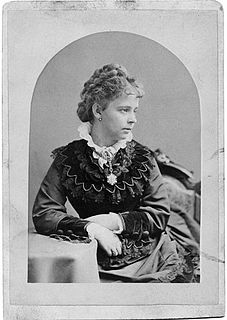A Quote by Arnold Aronson
Whereas Absurdism in Europe seemed a logical, almost inevitable response to the irrationality of war, the analogous elements that surfaced in American drama seemed more a response to a materialist society run amok. The American-style Absurdism seemed to spring full-blown out of television advertisements and situation comedies, which had become new myth-making machines.
Related Quotes
I took many notes, more than usual before I sat down and wrote Act One, Scene One. I had perhaps eighty pages of notes. . . . I was so prepared that the script seemed inevitable. It was almost all there. I could almost collate it from my notes. The story line, the rather tenuous plot we have, seemed to work out itself. It was a very helpful way to write, and it wasn't so scary. I wasn't starting with a completely blank page.
When the children had completed an absorbing bit of work, they appeared rested and deeply pleased. It almost seemed as if a road had opened up within their souls that led to all their latent powers, revealing the better part of themselves. They exhibited a great affability to everyone, put themselves out to help others and seemed full of good will.
That initial anger she had felt turned to sadness, and now it had become something else, almost a dullness of sorts. Even though she was constantly in motion, it seemed as if nothing special ever happened to her anymore. Each day seemed exactly like the last, and she had trouble differentiating among them.
The culturally specific, in particular, the American porch play that American writers have cherished and loved for many years in terms of their new writing, has seemed to have very little relevance to a much more fast-flowing, abstract, experimental drama that has been emerging in [the UK]. The porch play, not to mention that thing of, Oops, I wasn't loved enough by my father, somehow didn't have the relevance in this country.
































